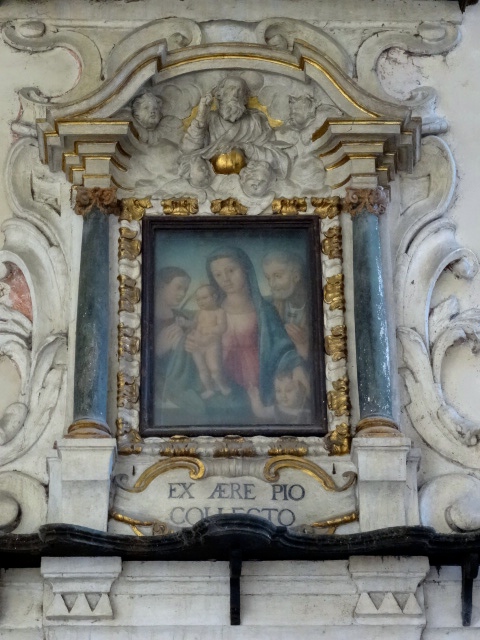 Florence is often called an outdoor museum, for good reason. At every turn, you’re greeted by Renaissance architecture, historic churches or a plaque on a wall that tells you this is where a famous artist, author or composer lived.
Florence is often called an outdoor museum, for good reason. At every turn, you’re greeted by Renaissance architecture, historic churches or a plaque on a wall that tells you this is where a famous artist, author or composer lived.
The prolific “street art” of Florence takes the form of tabernacles – decorated niches on the sides of buildings that typically venerate the Virgin Mary or St. John the Baptist, the city’s patron saints. The niches contain sculptures, paintings and frescoes – many hidden by clouded (= grimy) glass, others are exposed to the elements. Many have been restored in recent years. Some have been moved to museums, replaced by replicas.
There are some 1,200 tabernacles in the streets of Florence. In the 13th century, Catholic Florentines used tabernacles to fend off heresy and protect their homes and families. It’s said that during the plague of the 1300s, tabernacles served as outdoor altars, in an effort to minimize the threat of spreading the disease among large groups worshipping inside churches. By the 15th century, Florentine guilds and wealthy merchants – wanting to prove their devoutness and influence – commissioned well-known artists to paint tabernacle scenes.
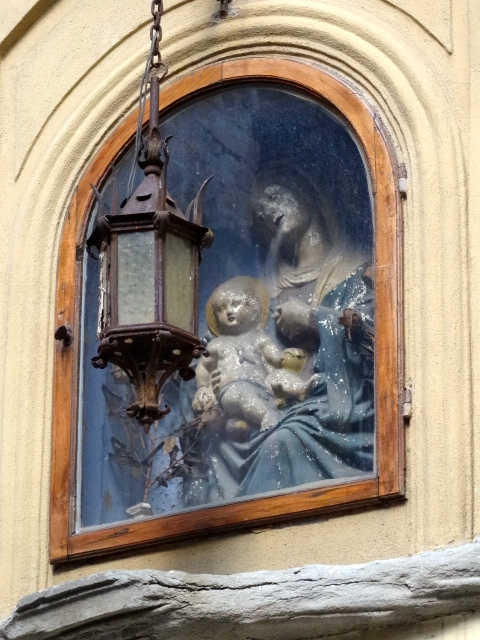 Today, the tabernacles still serve as shrines of devotion, often adorned with flowers and candles.
Today, the tabernacles still serve as shrines of devotion, often adorned with flowers and candles.
I especially like this one…
…the beloved Saint of Chianti?
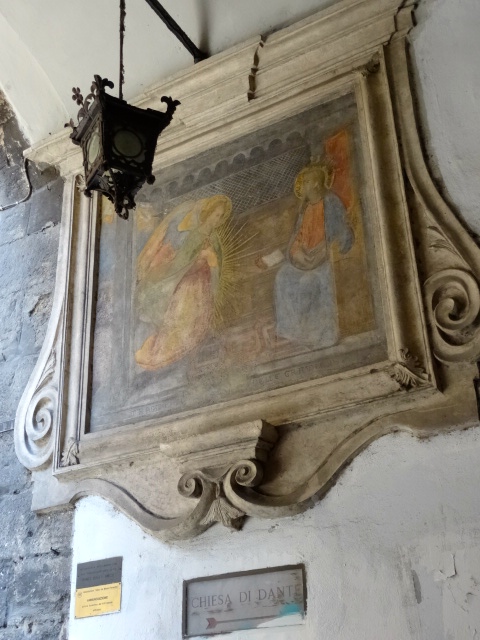
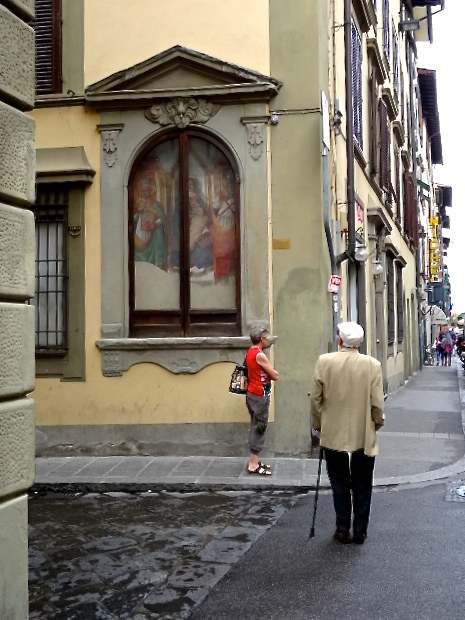
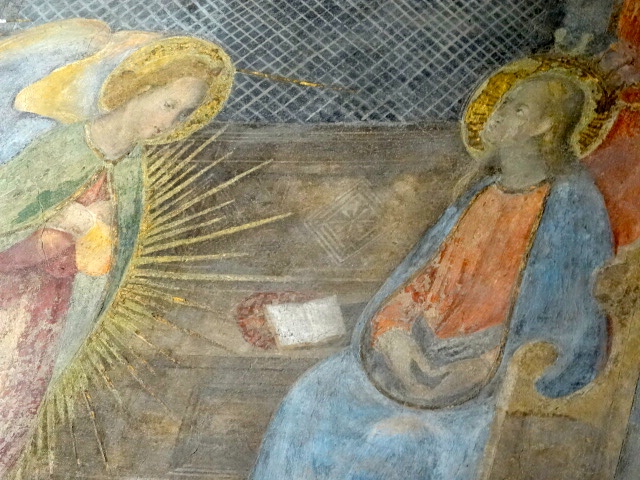
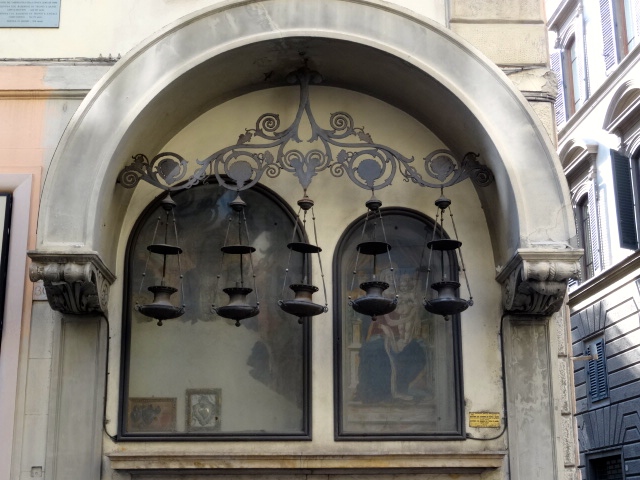
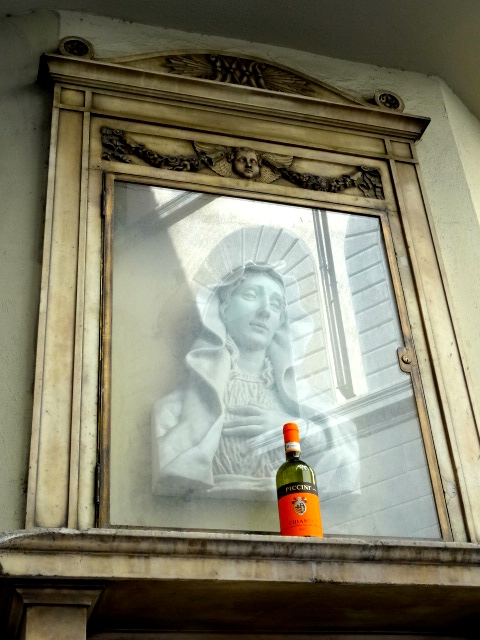
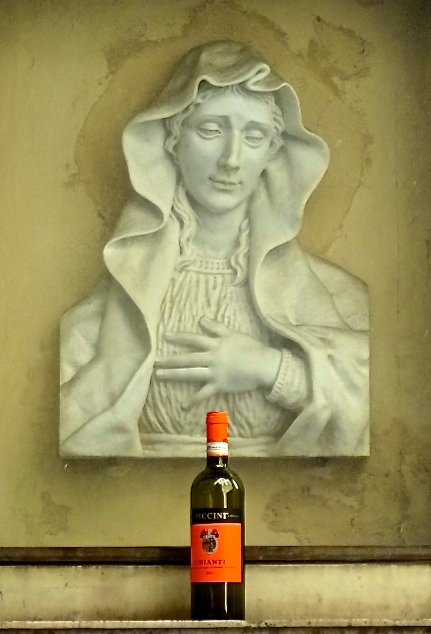
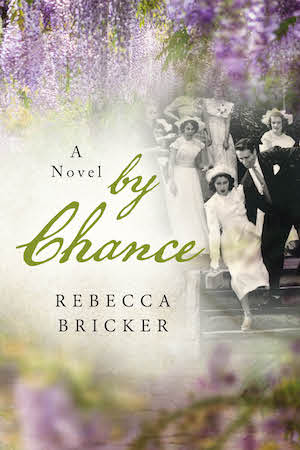

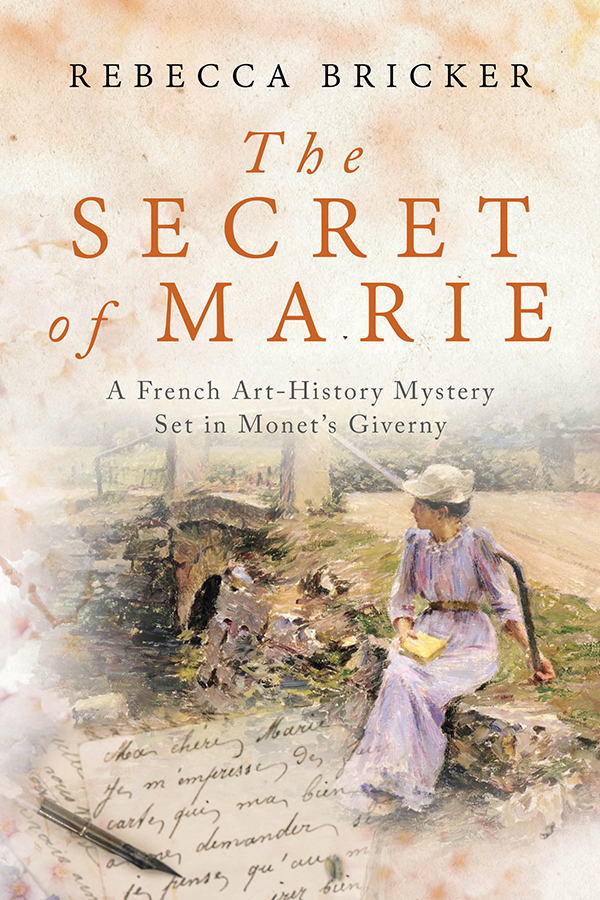

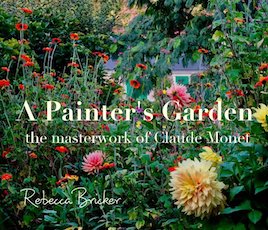
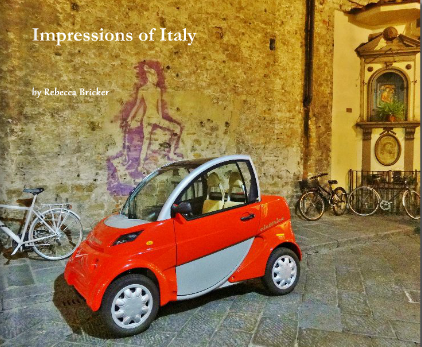
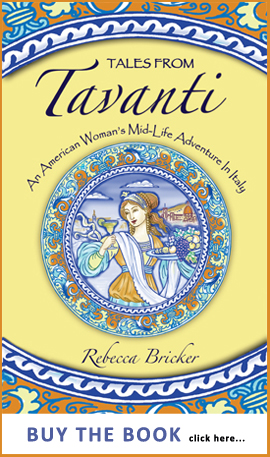
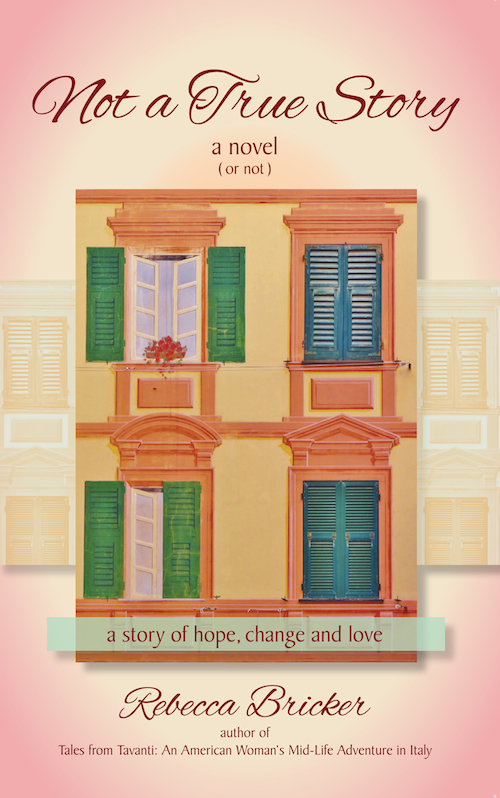
{ 5 comments… read them below or add one }
super! i love these tabernacles!
The Chianti strategically placed where the Virgin — presumably — casts down her eyes in bemused blessing upon it.
Someone has a sense of humor.
Thanks,Becky, for both the uplift & the chuckle on this gray Massachusetts Sunday!
Best regards, Sally
Prego, Sally. I, too, think she has a little smile on her face. 😉
Your photos captured it all, a good bottle of wine can put a smile on a statue.
Truly, Pat. I was tempted to hide around the corner to see if she took a sip. 😉